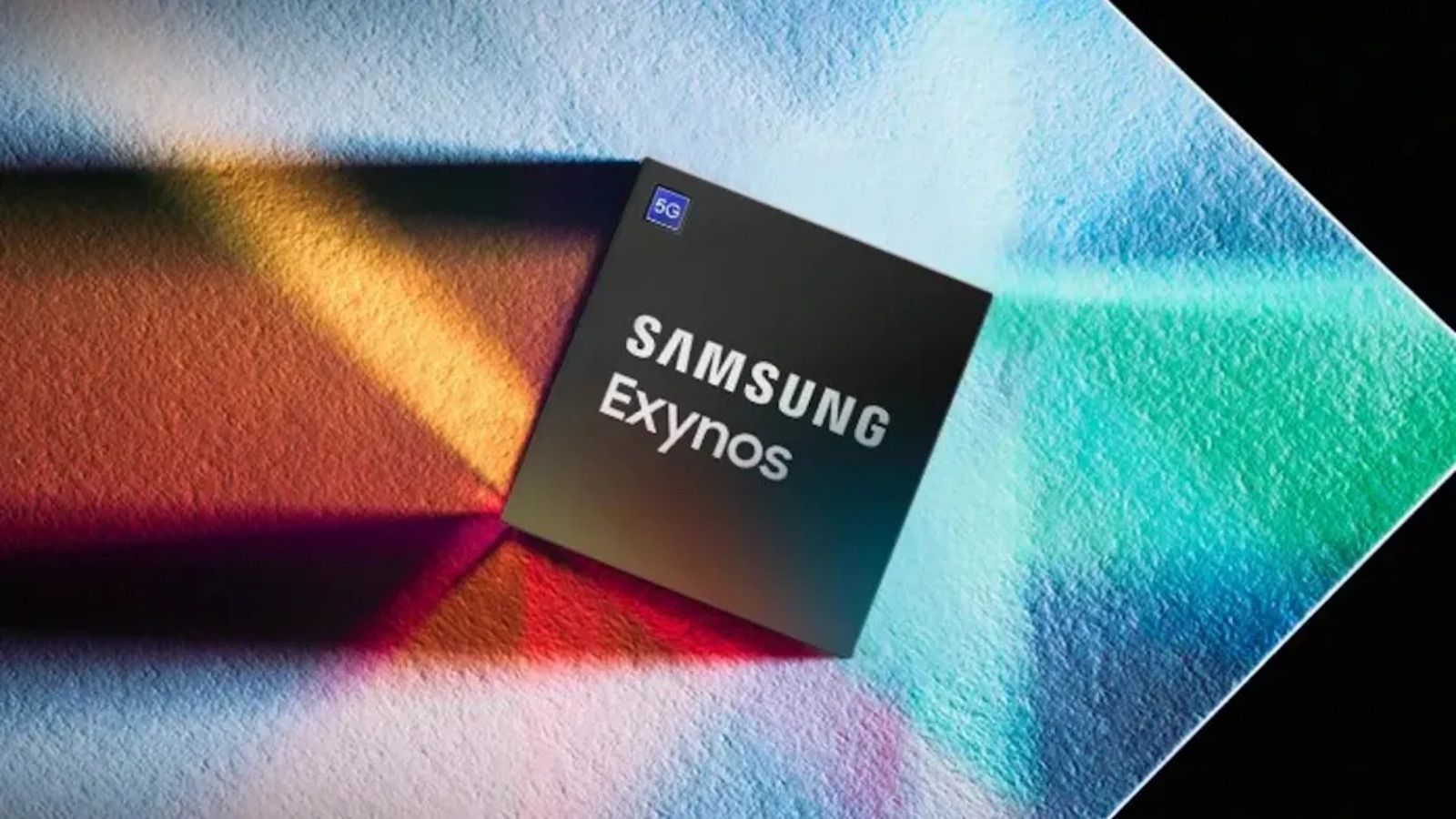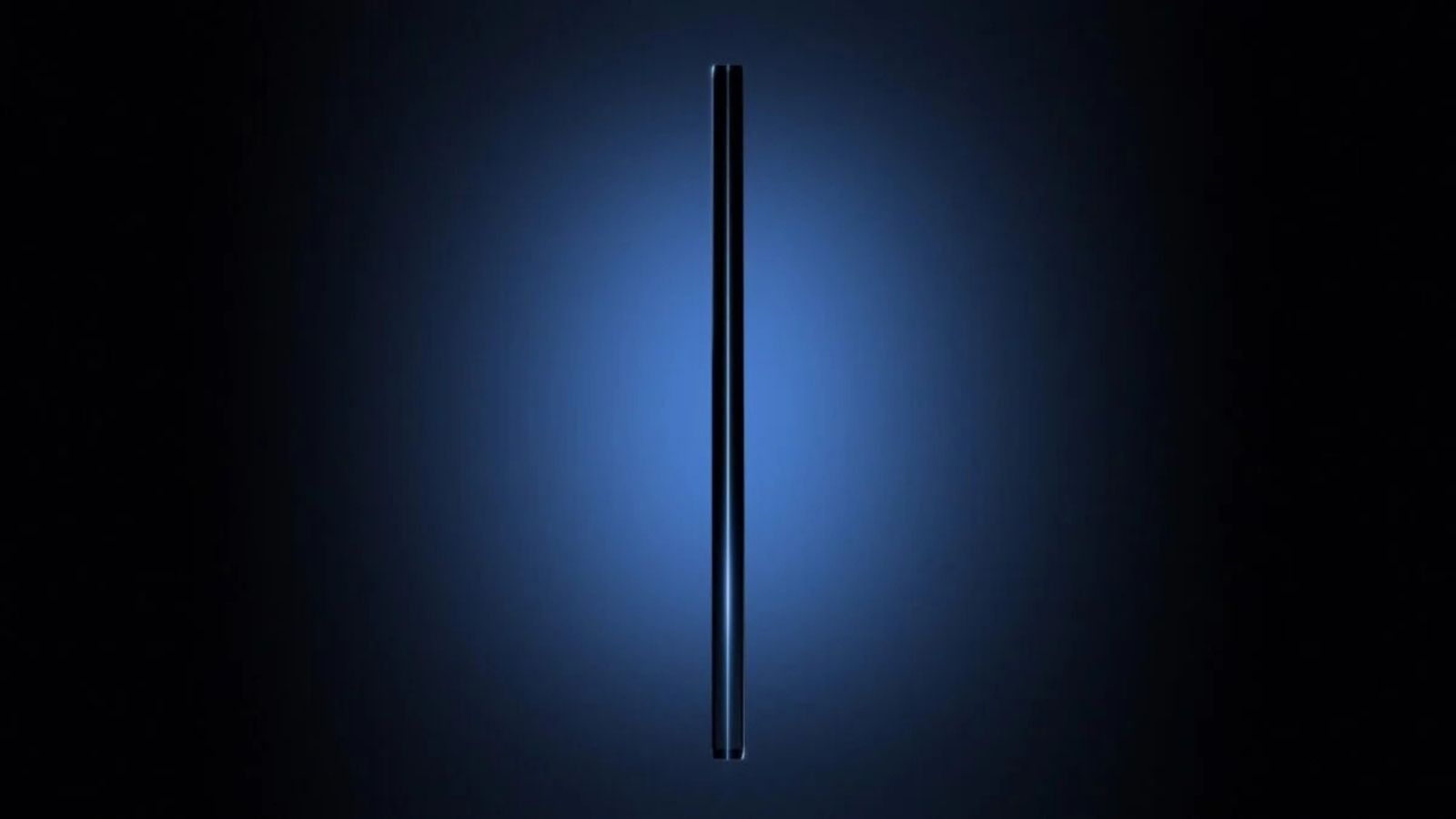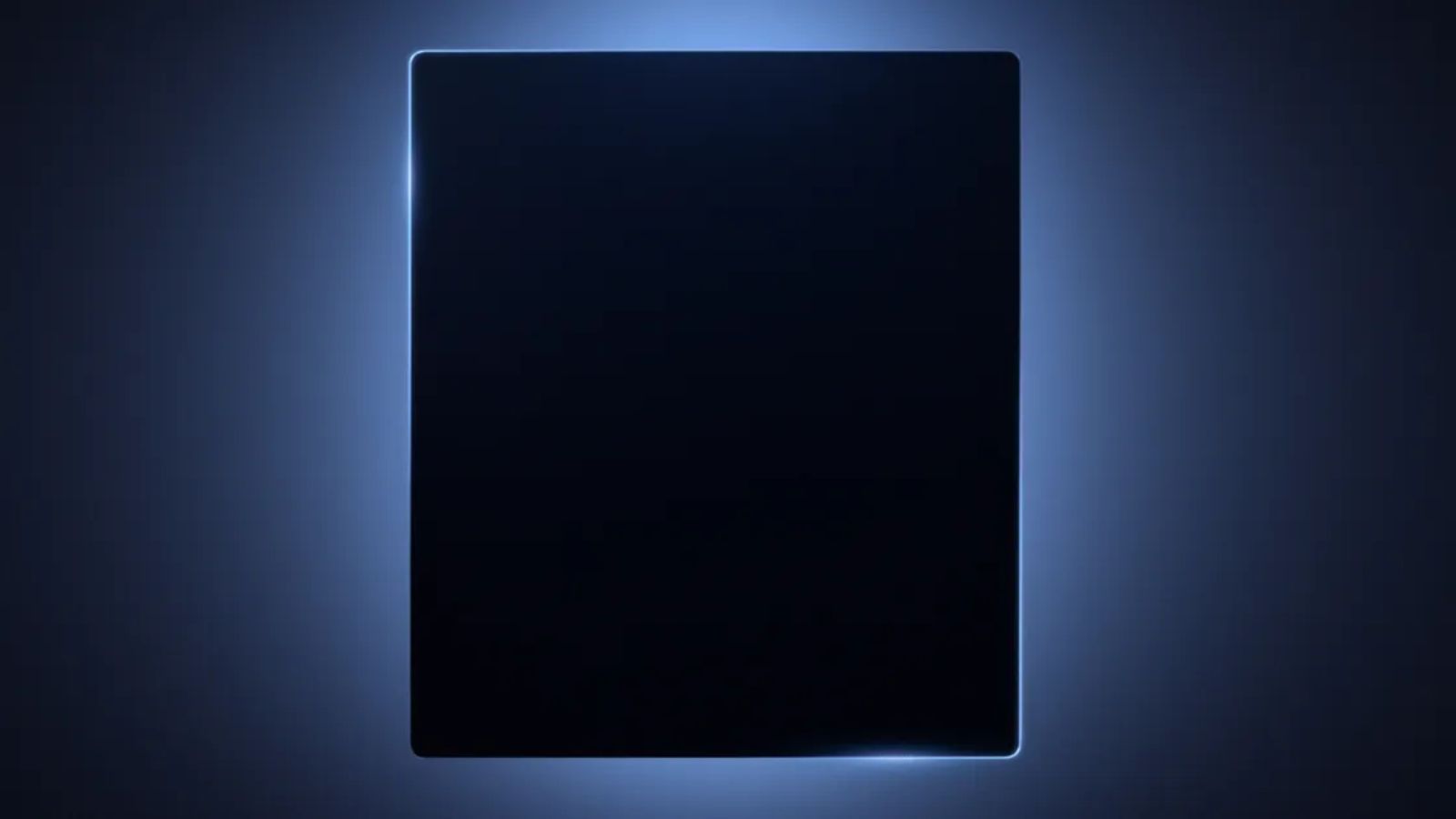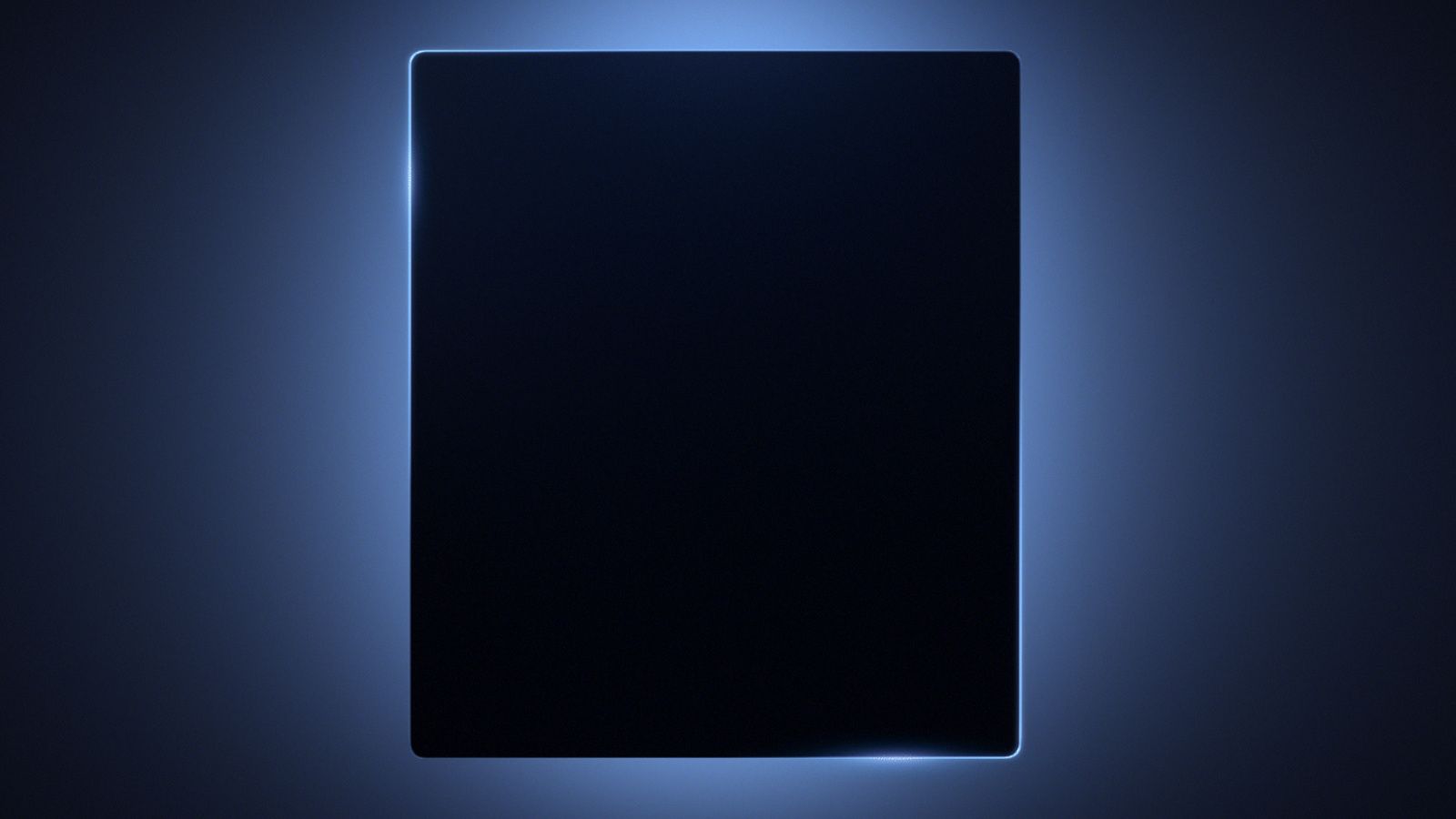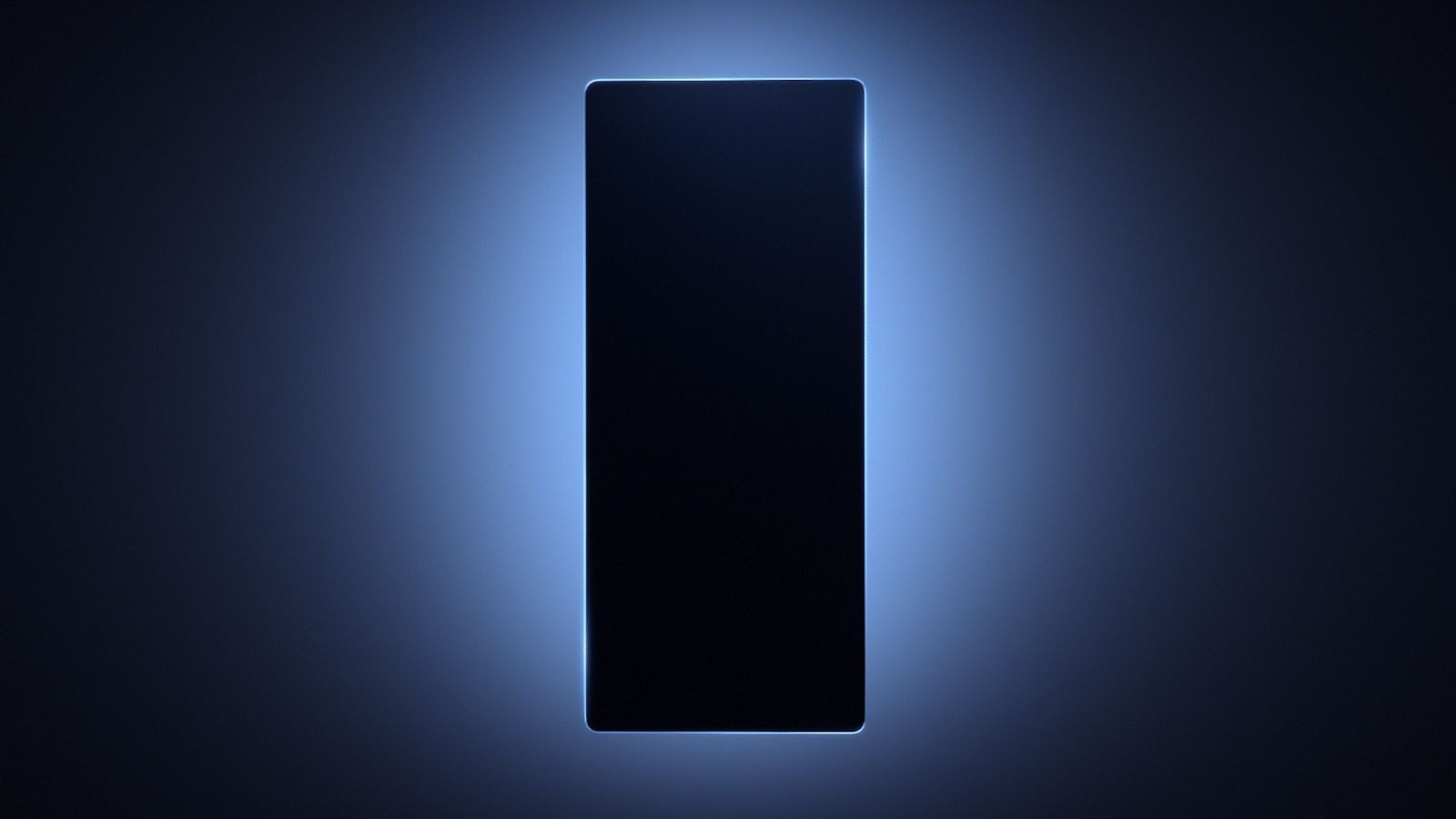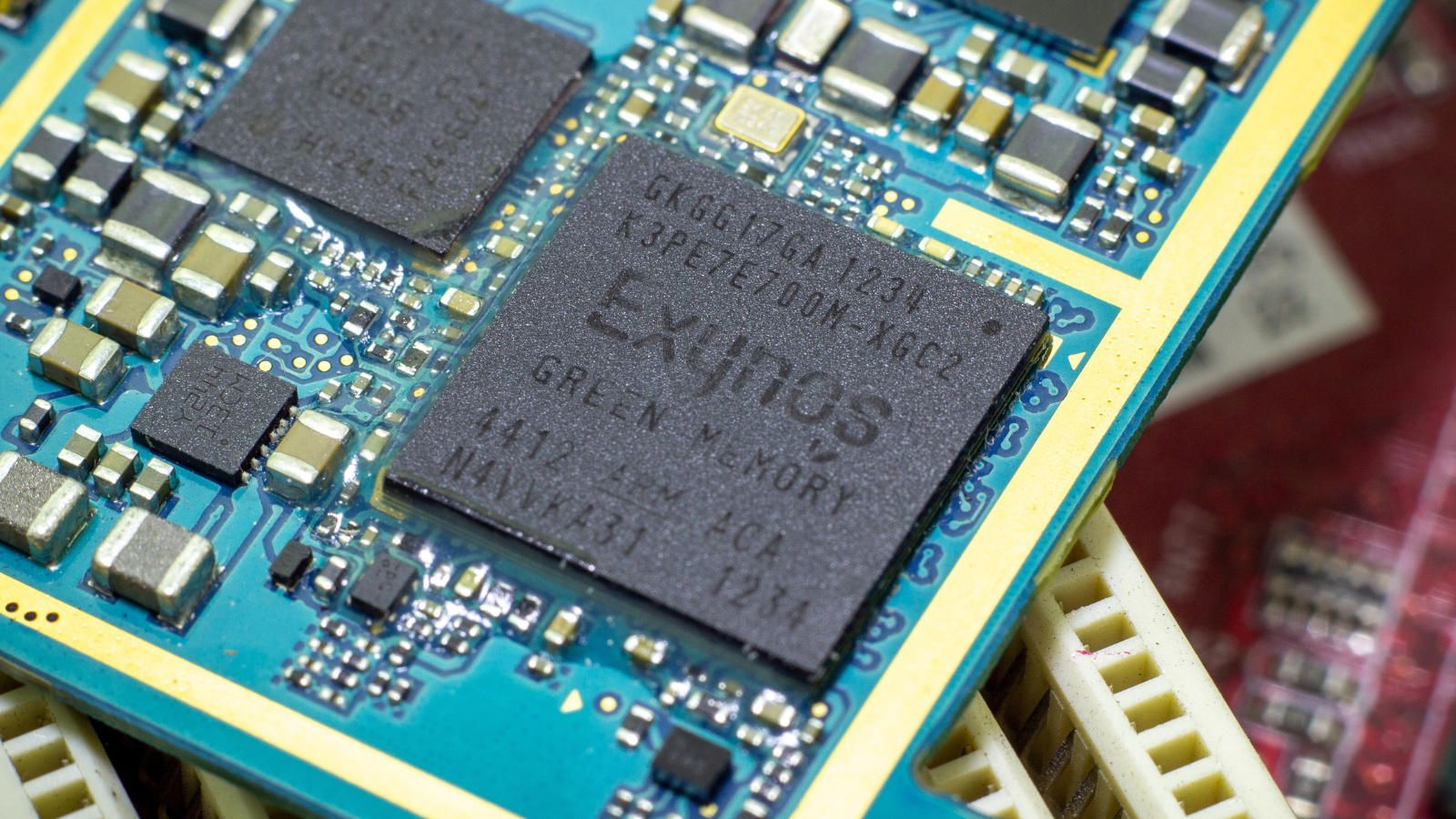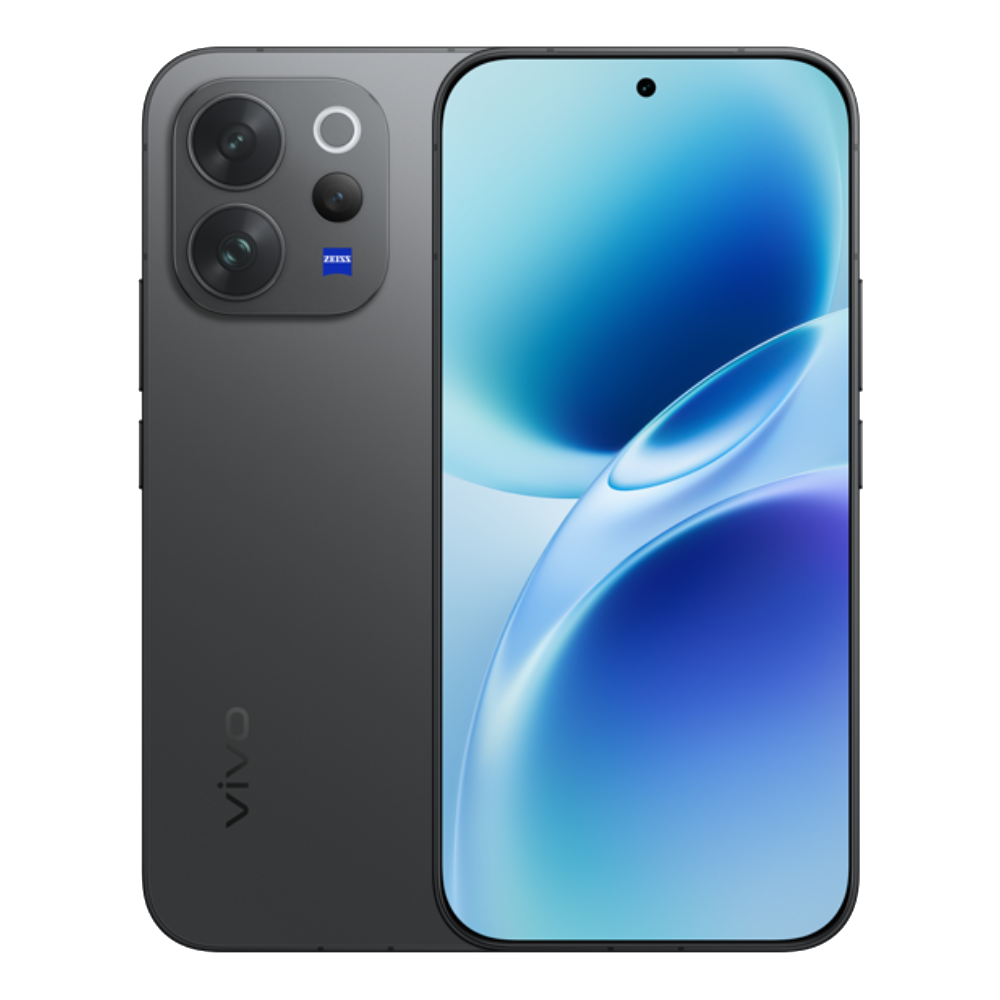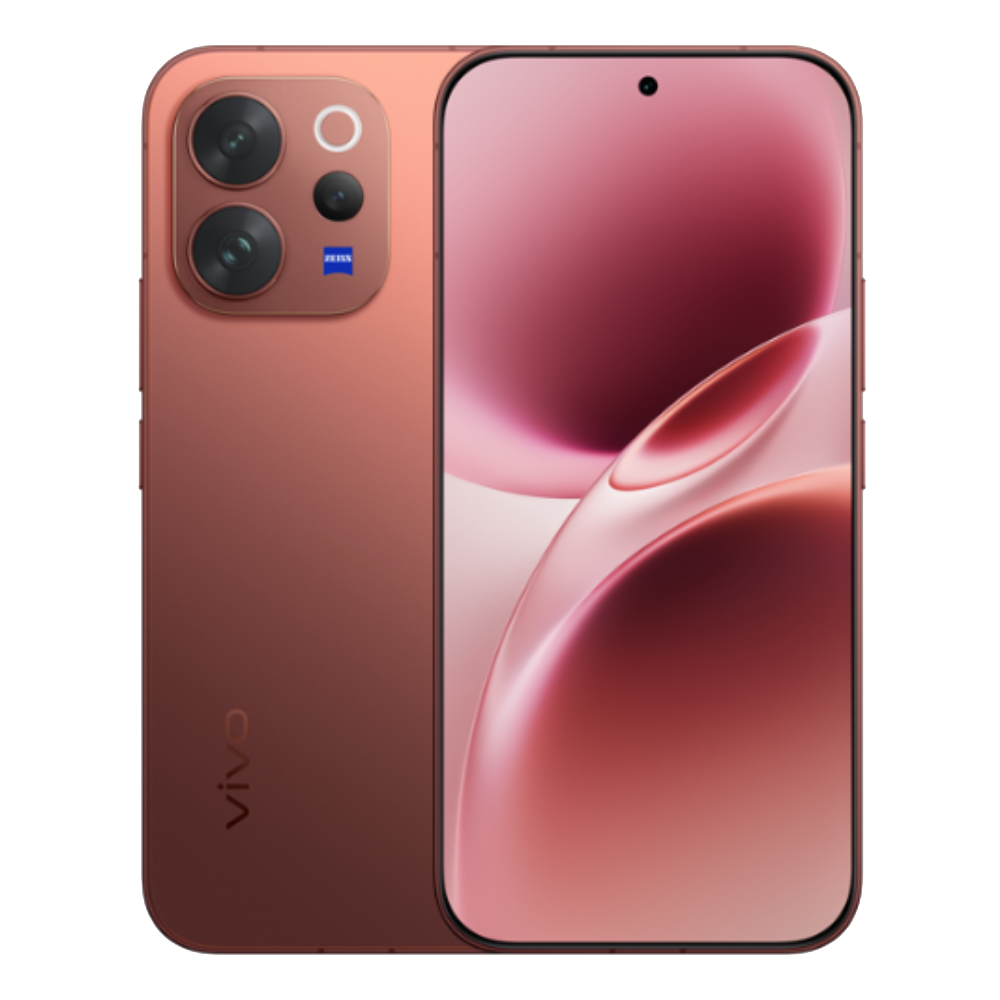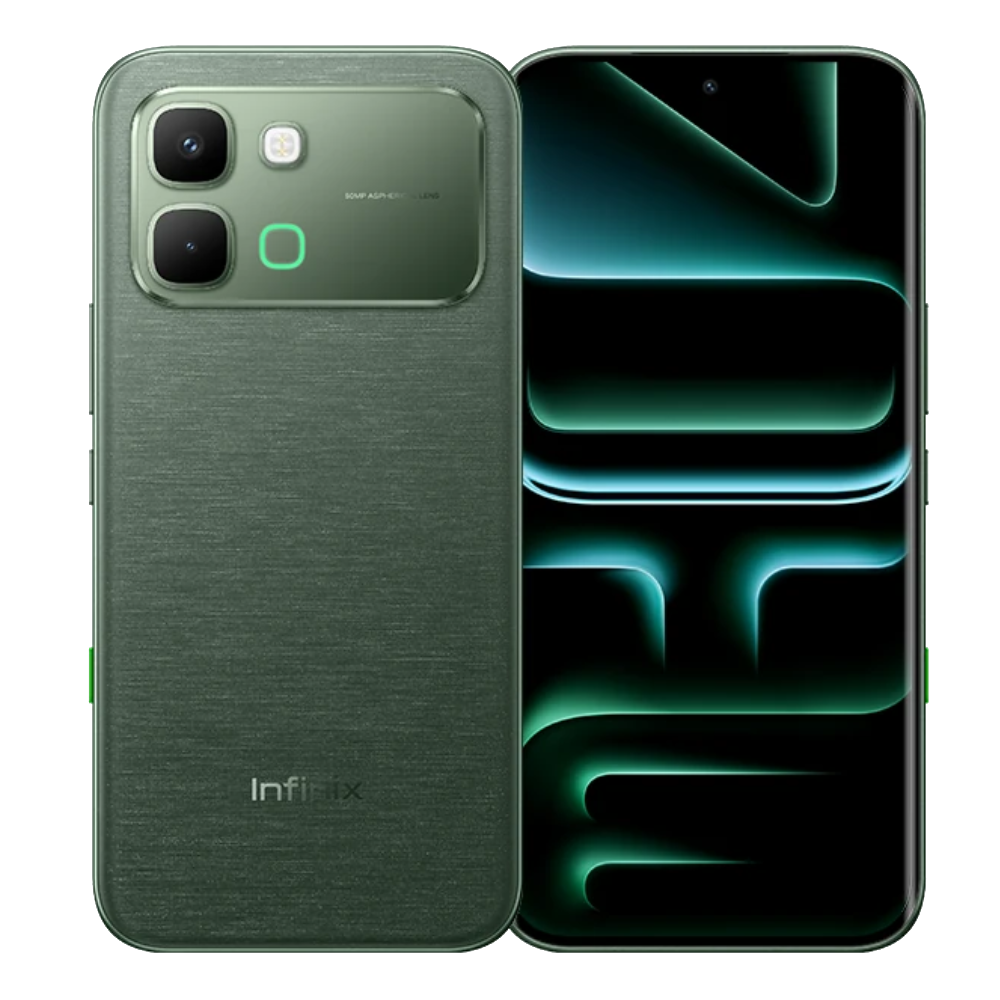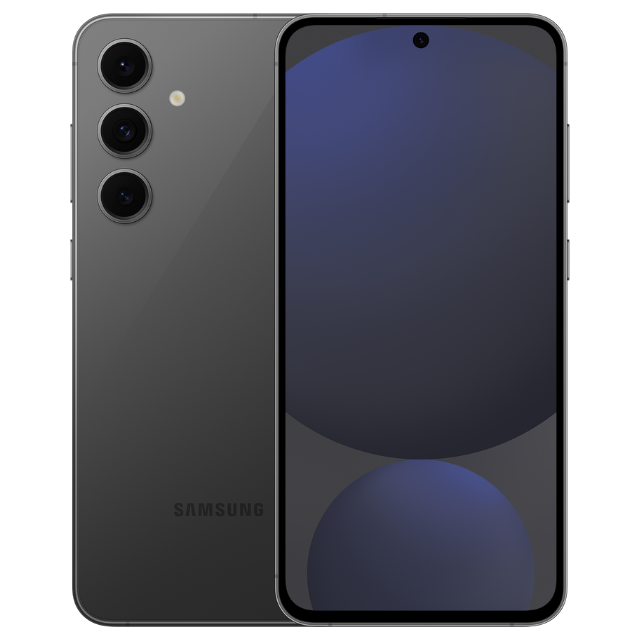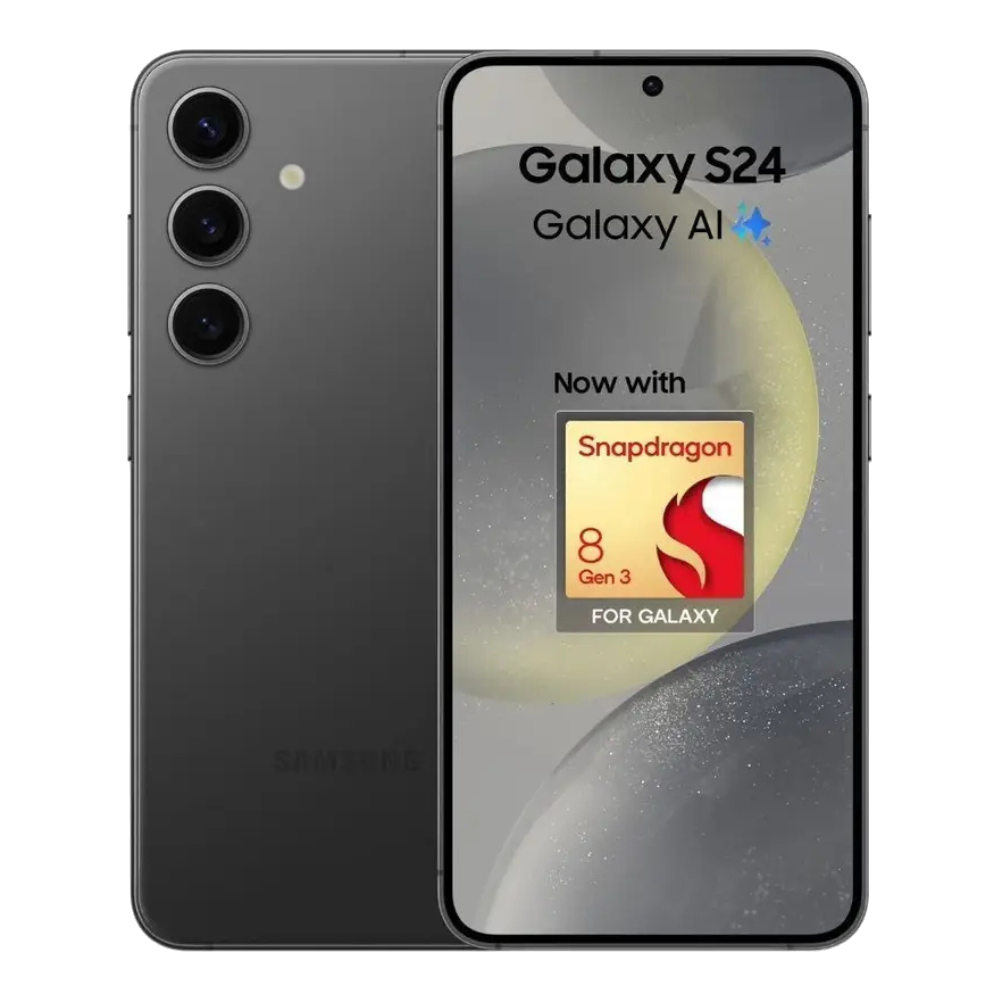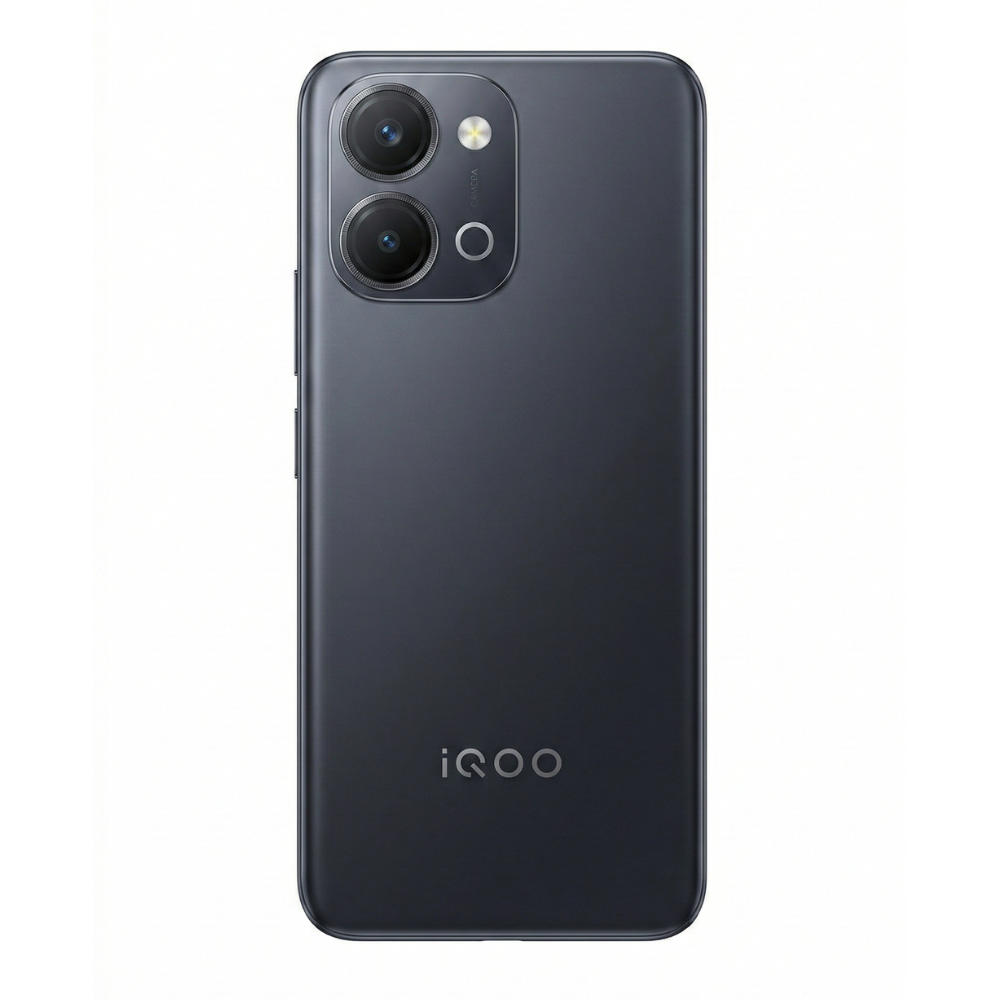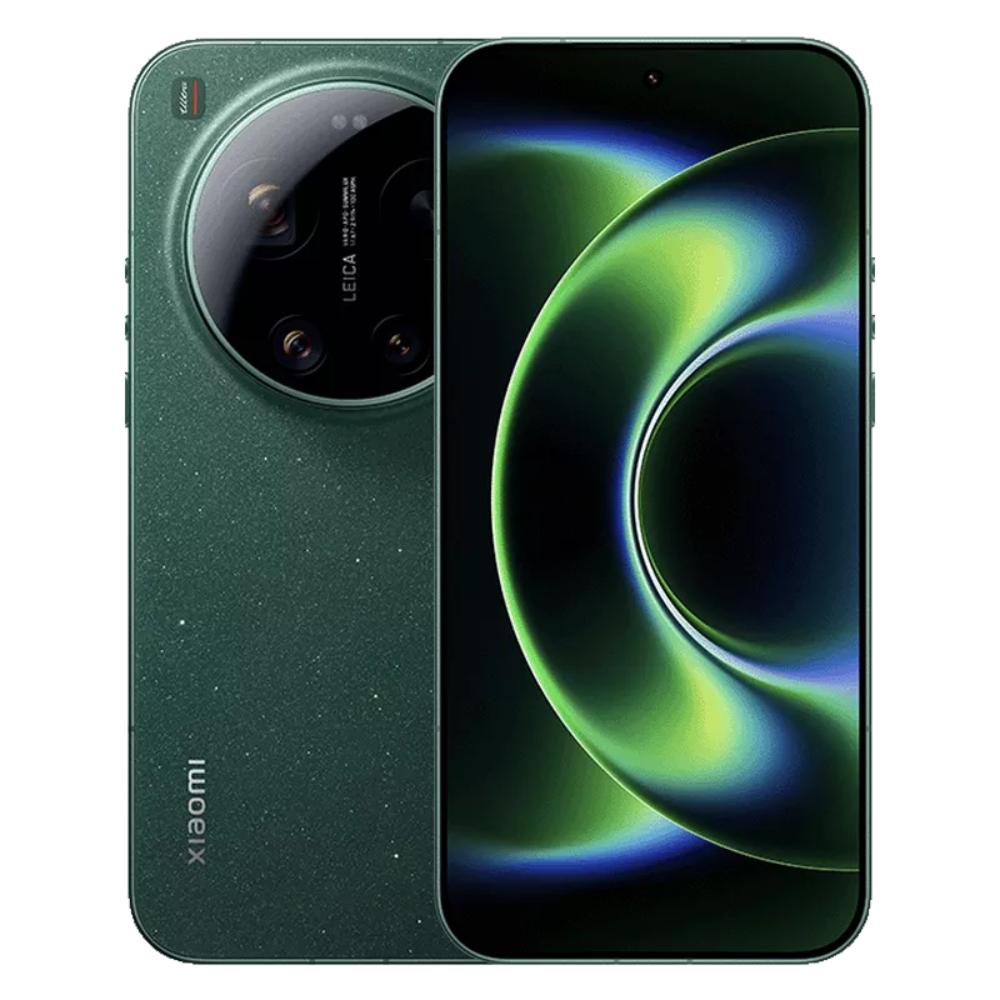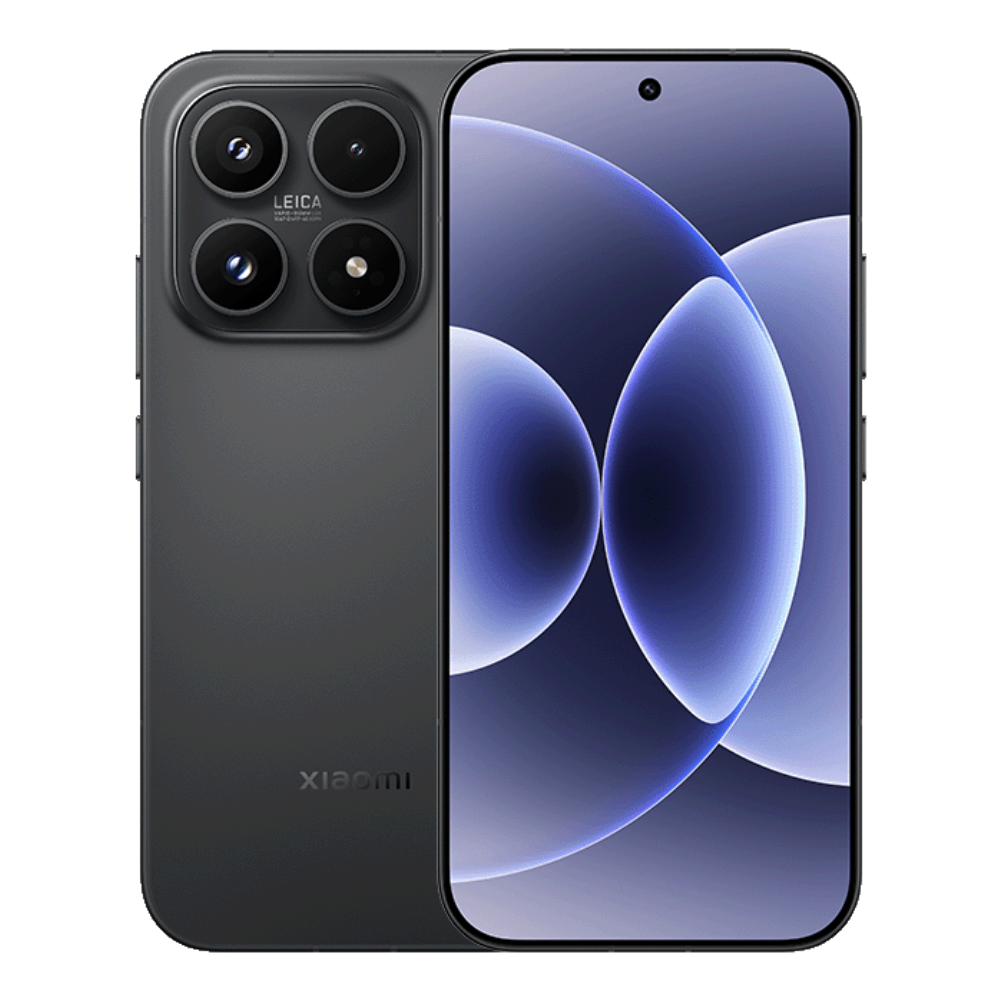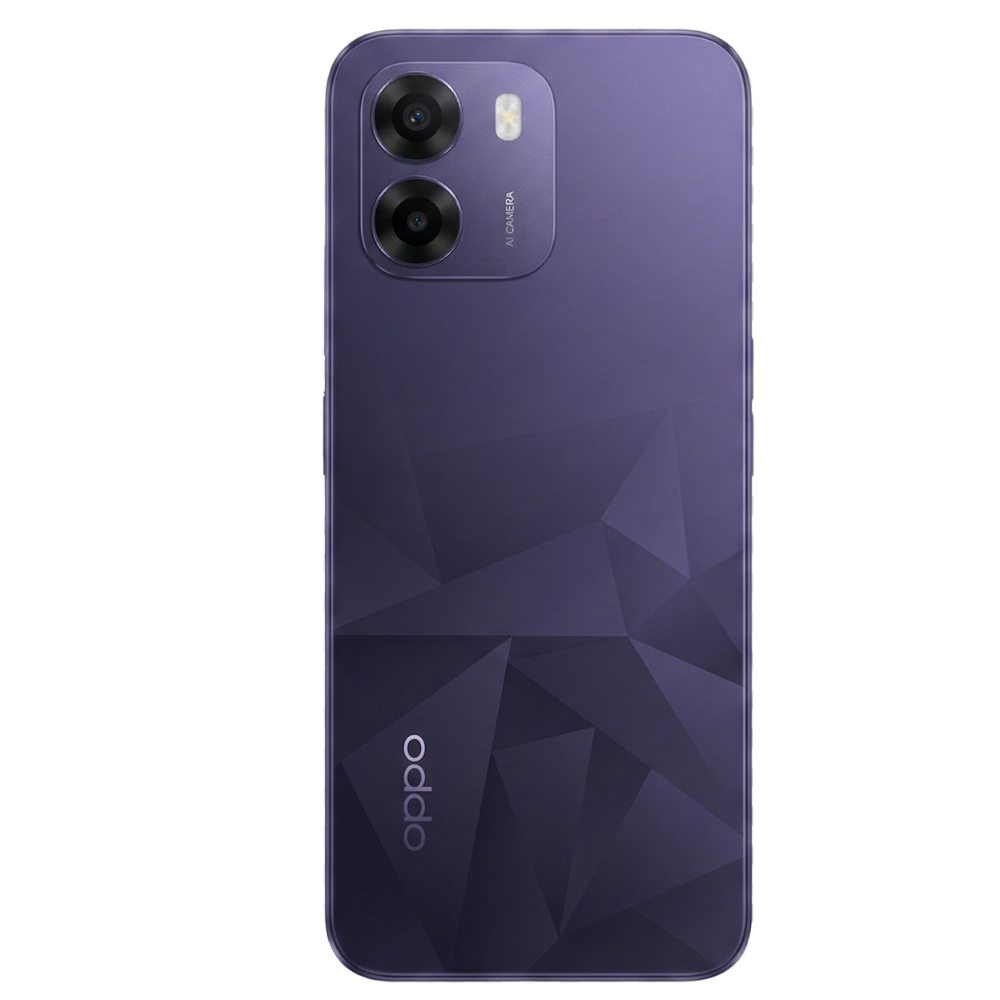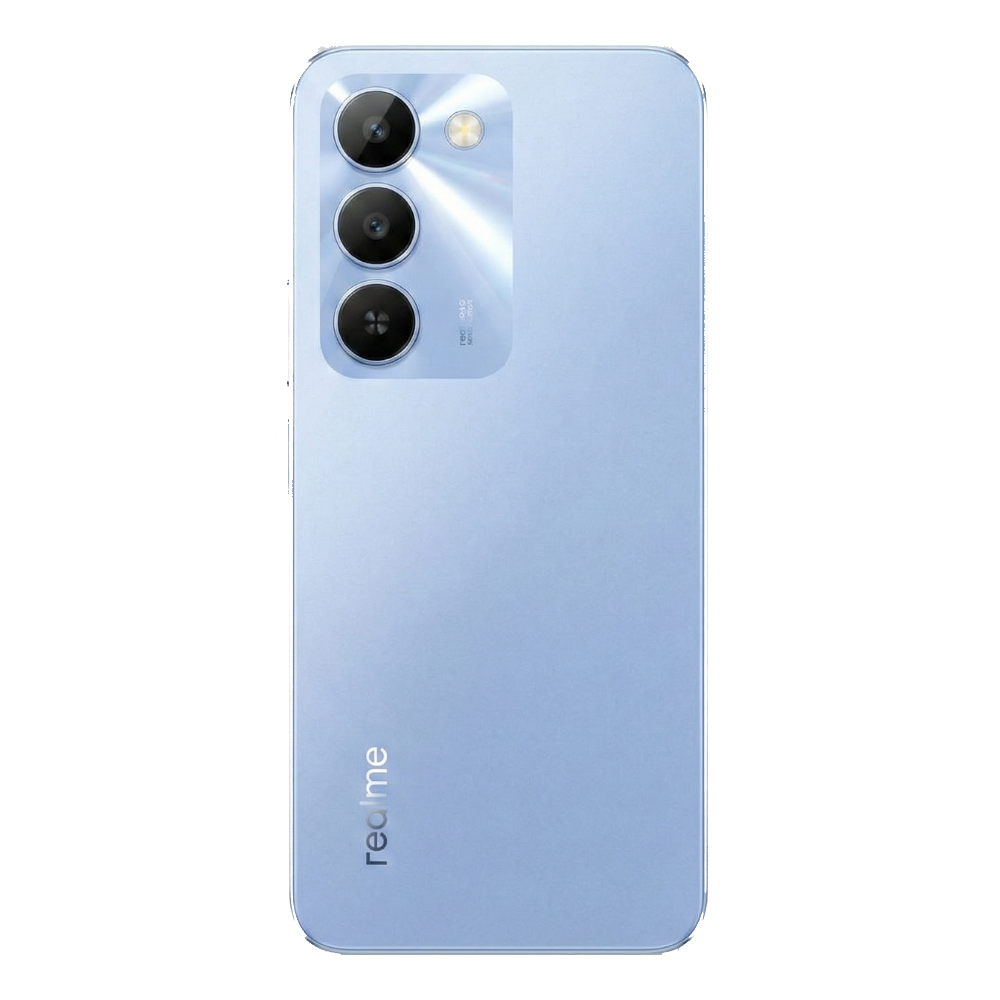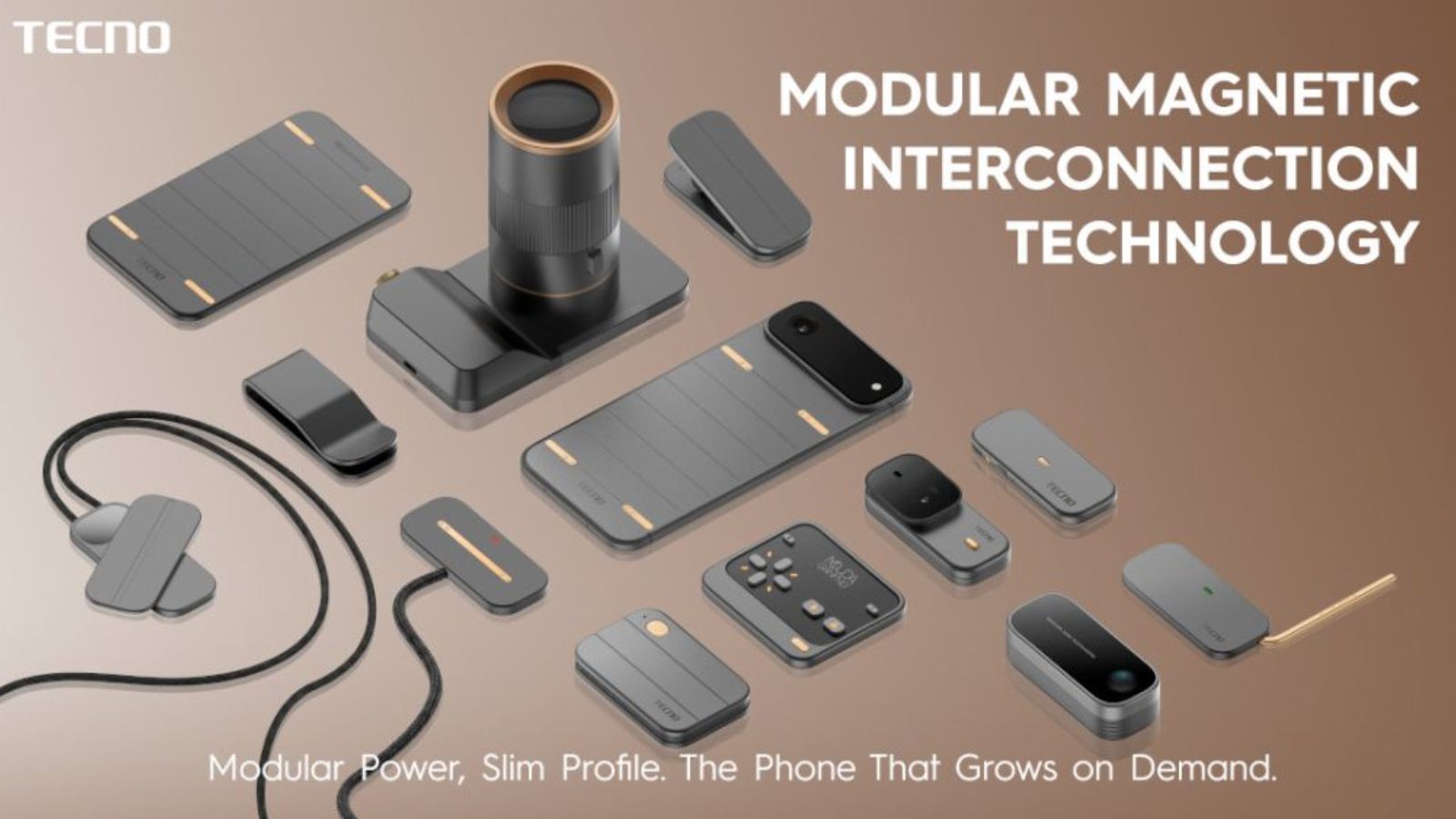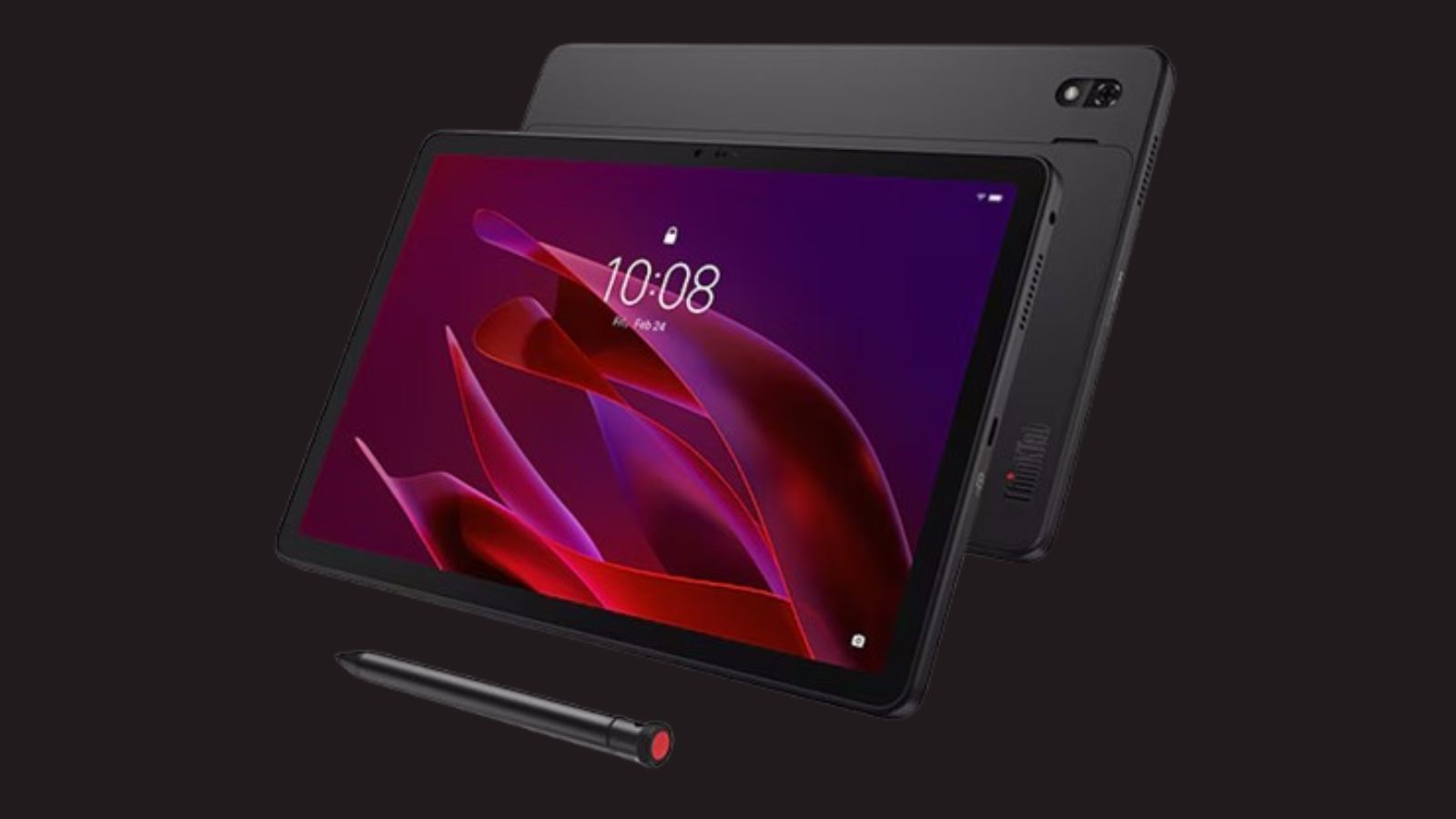For the longest time, it seemed like the rumour mill was really conflicted about whether Samsung would be taking the Exynos or Snapdragon route for its upcoming Galaxy S26 lineup. However, a report now strongly suggests that the brand may ultimately keep things in the house.
Exynos 2600 will most likely power the Galaxy S26 lineup
According to a new report from South Korean publication Hankyung, the Exynos 2600, built on Samsung's 2nm process, outperforms Apple's A19 Pro and Qualcomm's Snapdragon 8 Elite Gen 5 across key metrics. However, it's the AI performance that the Exynos 2600 particularly excels at, with internal testing reportedly citing that the NPU is over six times faster than the A19 Pro.
While we already knew how powerful the chipset was, thanks to early Exynos 2600 Geekbench results, the latest report is a bit more enlightening for sure. Additionally, the report also reveals that the CPU performance of the Exynos 2600 is up to 14% higher than Apple's latest chipset and GPU gains reach a staggering 75%. Meanwhile, against Qualcomm's latest and greatest processor, the Exynos 2600 delivers 30% stronger AI performance and nearly 29% higher GPU output.
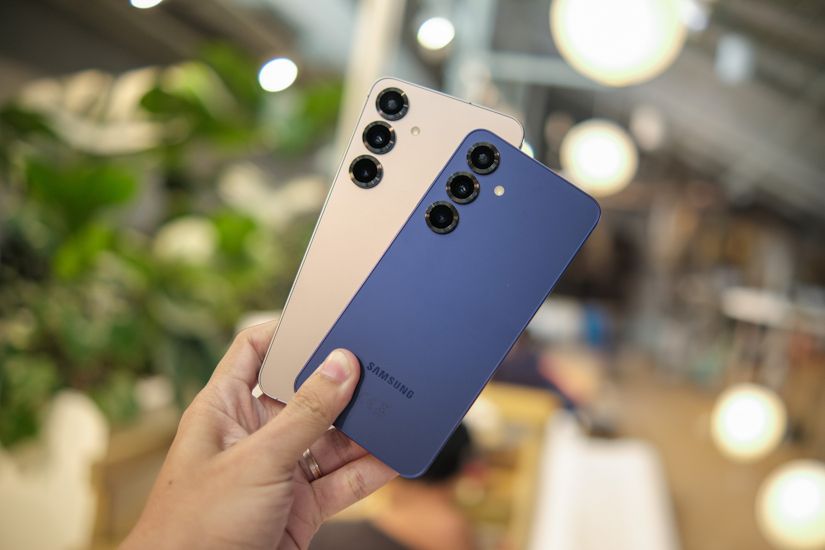
Samsung plans to equip around half of all Galaxy S26 lineup with the new chipset, as per the latest report. The Exynos 2600-powered variants are expected to dominate in markets such as South Korea and Europe, while the Snapdragon-powered versions will continue in the U.S, Japan, China and most likely India.
This move could mark Samsung's renewed confidence in its foundry after going a whole year of not using an Exynos processor with the Galaxy S25 lineup. The brand last used its Exynos 2400 flagship chip on the Galaxy S24 series.
The Galaxy S26, S26 Ultra and S26 Plus is expected to launch in January 2026, as per the brand's usual schedule. Yes, the Galaxy S26 is not discontinued after all and there will most likely not be a Galaxy S26 Pro, as per latest reports. It will be interesting to see how Samsung's next-gen Exynos 2600 stands up against behemoths from Qualcomm and Apple.


